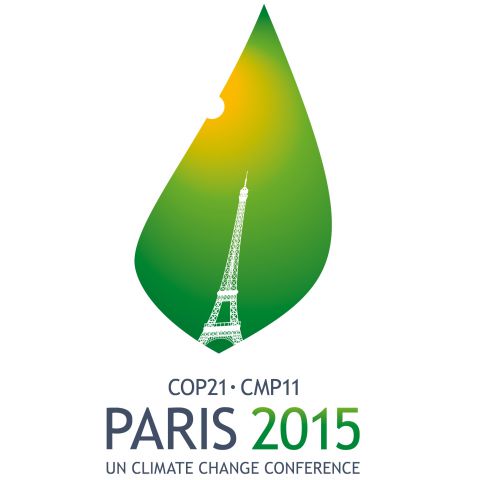Blog written by Kristel Malegue of Coalition Eau, France, on the outcomes of the recent COP 21 and the implications for water.
The Paris Climate Agreement was officially adopted on Saturday 12 December 2015 by the 195 Parties to the United Nations Convention on Climate Change (UNFCCC). This came after 2 weeks of very intense negotiations running from 30 November through to 11 December. This agreement is set to come into operation in 2020. Described as “the best possible balance” by Laurent Fabius, the President of COP 21, this agreement provides a universal framework for cooperation to fight against climate change, with significant progress. There is now a definite goal of keeping global warming below 2°C, and a decrease of greenhouse gas emissions; both major successes for these critical issues. However, there are some serious concerns with the agreement over some important shortfalls, especially regarding the means of implementation and the lack of prioritisation of the most vulnerable populations.

Coalition Eau regrets that the agreement does not explicitly mention water, even though water is a central element to the fight against climate change. This was despite a large grouping of water stakeholders, gathered within the campaign #ClimateIsWater, who have been very active in advocacy work to influence key decision-makers.
However, several elements included in the agreement can be linked to water issues:
- The reference to the post-2015 Sustainable Development Framework, in which water is a specific goal in Global Goal 6.
- The reference to human rights in the preamble; the right to water and sanitation has been recognised as a fundamental right in 2010.
- Importance given to adaptation, where water is a central issue, and it’s financing.
- The emphasis on the Intended Nationally Determined Contributions, in which water is the first priority for adaptation.
Coalition Eau will keep on taking actions, with its partners, to ensure that water is considered as a top priority in the fight against climate change, and to ensure that the voice of the most vulnerable people is heard, both within the next COP 22 to take place in Morocco in 2016, and in national policies and strategies.
Read a more detailed analysis of the Paris Agreement and a summary of Coalition Eau’s activities (in French): Analyse COP21 – Coalition Eau